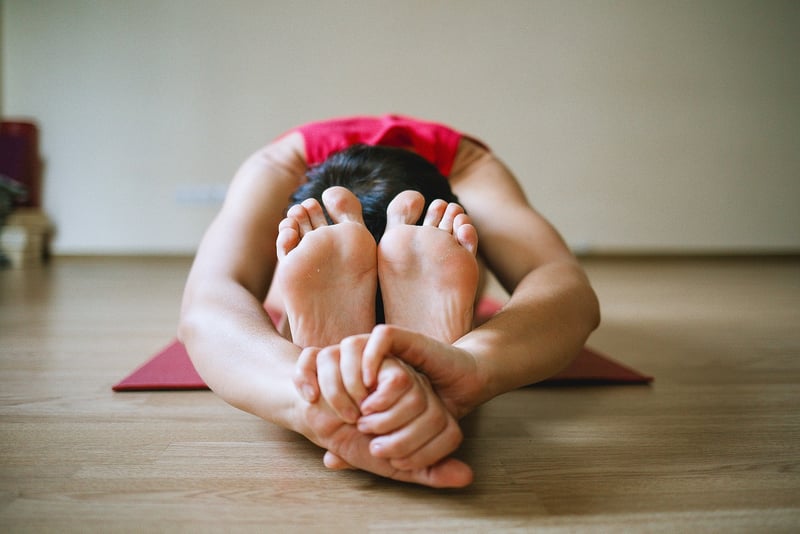Pilates for Strength
Holistic Approaches for Physical and Mental Well-being
The Importance of Holistic Health
Embracing holistic health involves caring for your physical, mental, and emotional well-being as a whole. By integrating various practices, you can achieve balance and harmony in your life.
Mindfulness Meditation
Mindfulness meditation is a powerful tool to improve mental well-being. By focusing on the present moment without judgment, you can reduce stress and enhance self-awareness.

Yoga for Flexibility and Stress Relief
Yoga combines physical postures, breathing exercises, and meditation to promote flexibility, strength, and relaxation. It is an excellent way to reduce stress and improve overall well-being.

Healthy Eating Habits
Consuming a balanced diet rich in fruits, vegetables, whole grains, and lean proteins is essential for optimal physical and mental health. Eating mindfully and staying hydrated are key components of holistic well-being.
Pilates for Strength and Flexibility
Benefits of Pilates
Pilates is a form of exercise that focuses on strengthening the core muscles, improving posture, and enhancing flexibility. It is suitable for individuals of all fitness levels and can be adapted to meet specific needs.
Pilates Exercises
Common Pilates exercises include the Hundred, the Roll-Up, and the Leg Circle. These movements target different muscle groups and promote overall body awareness and control.

Equipment Used in Pilates
- Mat: Provides cushioning and support for floor exercises.
- Reformer: A specialized machine that offers resistance for a full-body workout.
- Resistance Bands: Used to add intensity to Pilates exercises.
By incorporating Pilates into your fitness routine, you can enhance your strength, flexibility, and overall well-being.
Whether you choose to explore mindfulness meditation, yoga, healthy eating habits, or Pilates, incorporating holistic practices into your daily routine can lead to a healthier and more balanced life.
